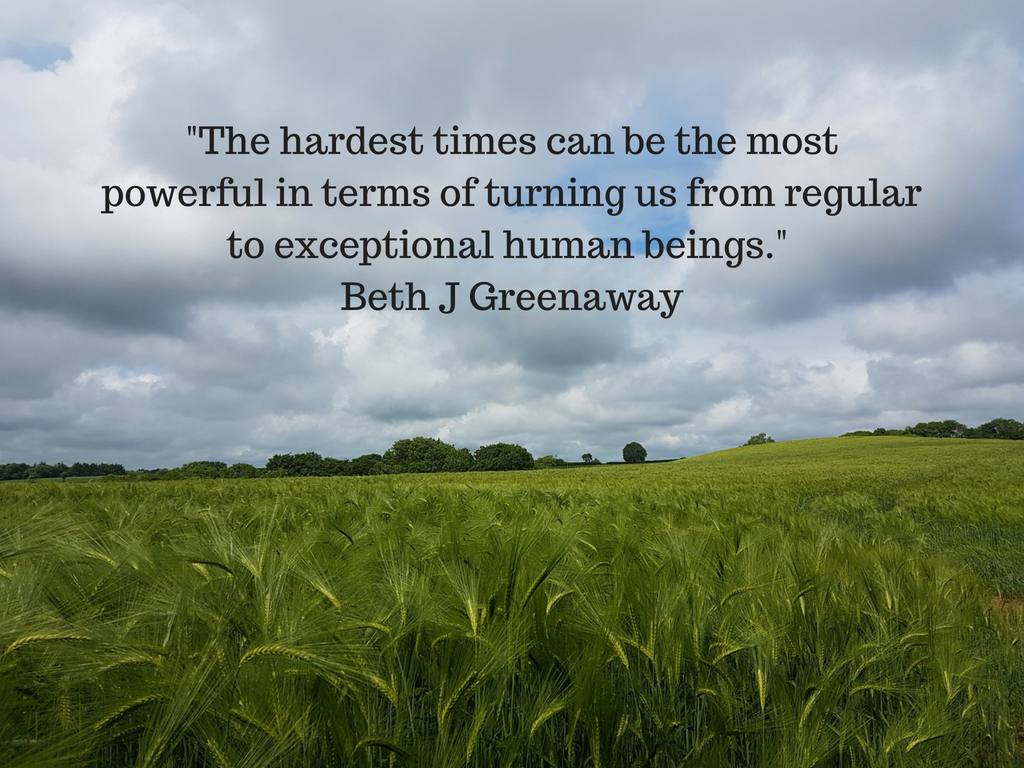How Does A Person Overcome Adversity

Life, invariably, throws curveballs. From job losses and health scares to relationship breakdowns and global pandemics, adversity touches everyone. The question isn't if you'll face hardship, but how you'll navigate it.
This article delves into the multifaceted process of overcoming adversity, exploring the psychological, emotional, and practical strategies individuals employ to not only survive but thrive in the face of challenging circumstances. We'll examine resilience research, expert opinions, and real-world examples to provide a comprehensive understanding of this critical human capability.
Understanding Resilience
Resilience is often cited as the key to overcoming adversity. But what exactly is it? The American Psychological Association (APA) defines resilience as the process of adapting well in the face of adversity, trauma, tragedy, threats, or significant sources of stress.
It doesn't mean you won't experience difficulty or distress. Rather, it signifies the capacity to bounce back from these experiences.
Building Blocks of Resilience
Several factors contribute to an individual's resilience. Strong social support networks are crucial. Having people to lean on, confide in, and receive practical assistance from can significantly buffer the impact of stress.
According to a study by Harvard University's Center on the Developing Child, supportive relationships are fundamental for developing resilience from a young age.
Optimism and a positive self-view also play a vital role. Believing in your ability to overcome challenges and maintaining a hopeful outlook can fuel motivation and perseverance.
Furthermore, developing coping mechanisms, such as mindfulness, exercise, or engaging in hobbies, can help manage stress and regulate emotions. These coping mechanisms provide a healthy outlet for processing difficult experiences.
Strategies for Navigating Hardship
Beyond the foundational elements of resilience, specific strategies can aid in navigating adversity. One key approach is reframing negative thoughts. This involves challenging unhelpful thought patterns and replacing them with more balanced and constructive ones.
Cognitive Behavioral Therapy (CBT) techniques are often used to facilitate this process. This helps individuals to see the situation from different perspectives.
Seeking professional help is another important step. Therapists and counselors can provide guidance, support, and evidence-based interventions to help individuals process trauma, manage anxiety, and develop coping skills.
Organizations like the National Alliance on Mental Illness (NAMI) offer resources and support for individuals seeking mental health services.
Taking proactive steps to address the source of the adversity, when possible, is also crucial. This might involve seeking new employment after a job loss, pursuing legal action in cases of injustice, or making lifestyle changes to improve health.
The Role of Perspective
How we perceive adversity significantly impacts our ability to overcome it. Viewing hardship as an opportunity for growth, rather than a sign of failure, can foster resilience.
Finding meaning and purpose in the face of adversity can also be transformative. Some individuals find solace in helping others who have faced similar challenges.
For instance, many cancer survivors become advocates for cancer research and support. Turning personal pain into positive action can be incredibly empowering.
Practicing gratitude, even during difficult times, can shift focus away from negativity. Appreciating the good things in life, no matter how small, can cultivate a sense of hope and optimism.
Looking Ahead: Building a More Resilient Future
Overcoming adversity is not a one-time event, but an ongoing process. It requires self-awareness, perseverance, and a willingness to adapt.
By cultivating resilience-building strategies, we can better equip ourselves to navigate the inevitable challenges that life throws our way. Moreover, fostering supportive communities and promoting mental health awareness can create a more resilient society as a whole.
Ultimately, overcoming adversity is about learning to not just survive, but thrive, transforming difficult experiences into opportunities for growth and self-discovery. The journey may be challenging, but the potential for personal transformation is immense.


















